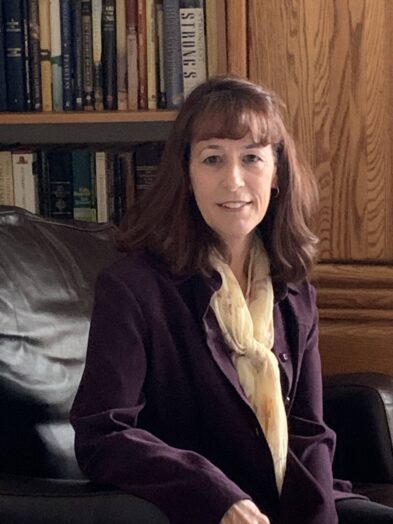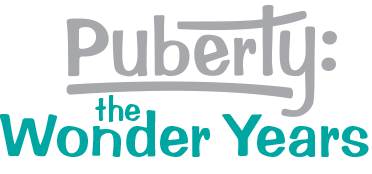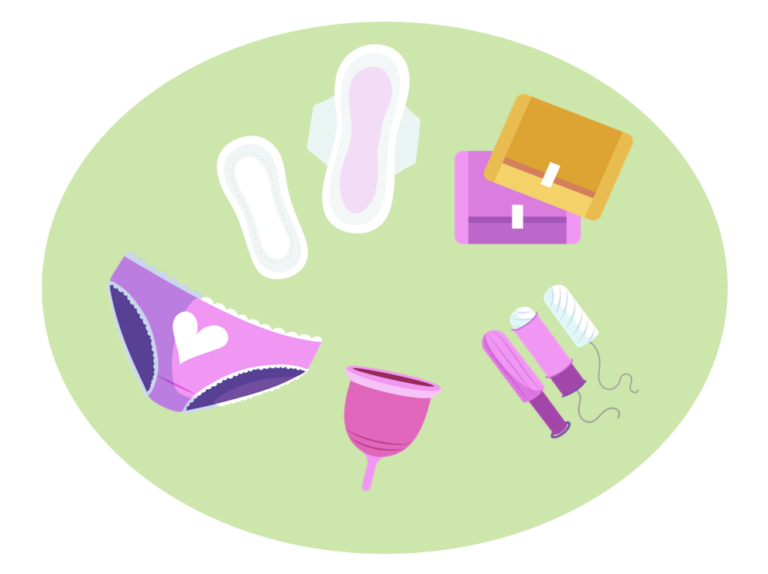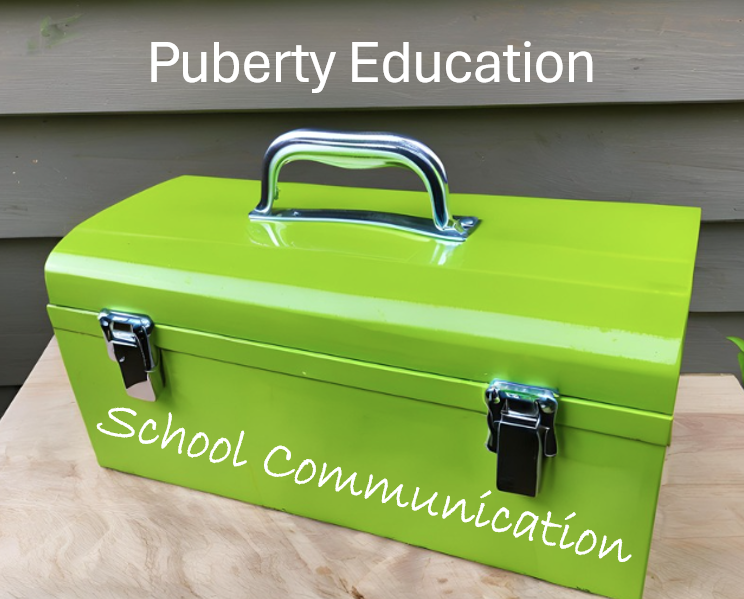Puberty educators are not born; they are made. This Educator Spotlight features Nancy Alvarado.
Nancy Alvarado teaches grade 5 students in a public school district in southern California where she has been named Teacher of the Year for her school site. Nancy enjoys teaching and loves seeing the lightbulb go on when her students “get it.”
Her experiences as a foster mom for teenaged boys from Mexico has ignited several passion projects, including working with nonprofits to provide housing for Mexican families living in substandard housing, and to break the cycle of poverty by paying education expenses for Mexican children. These experiences also developed her heart for meeting the needs of all the students who pass through her classroom.

Cultural Competence
Nancy’s work and personal experiences have made her aware of the intersections between cultural norms and sex education. She saw teens learning about sex from their peers, not a reliable source of information. Even college-educated former students didn’t know what to expect on their wedding nights. She witnesses cultural norms that prevent young people from learning much about bodies, sex, and pregnancy. Adults don’t talk about it. They encourage the use of pet names for body parts. As a result, kids can’t ask questions because they don’t have the vocabulary. Seeking answers, kids get lots of misinformation from the internet.
Challenges
The school district hadn’t delivered a puberty curriculum for about five years, so students didn’t necessarily know how bodies developed during puberty, how they worked, and where to get reliable information to answer their questions. In a few extreme cases, students didn’t even know about male and female body parts. The only message many students, especially males, seemed to have received was, “Use condoms.”
Nancy shared an example of the importance of having reliable information. When a person experiences post-partum depression, they don’t know what is happening. She draws a parallel to standing in the ocean with your back to the waves: you don’t know what hit you when you get knocked off your feet. However, if a person is taught about post-partum depression and knows what to look for, they can cope better and get needed support. In this case, it’s like standing in the ocean facing the waves. You can see the waves coming and be prepared to brace yourself for what comes next.
In the beginning of teaching a unit on puberty, Nancy’s students act goofy and embarrassed, but once they get over it, they have lots of questions. She quickly saw they needed to work on terminology to build the language needed to discuss puberty. In fact, students have told her they would rather have her teach them because it’s more embarrassing coming from parents.
Another challenge Nancy faced when she first started teaching was not knowing to have students put the questions in writing. Using a question box helps her prepare her responses to students’ questions.
Additional challenges include:
- Correcting all the misinformation kids get from tic toc and other sources.
- Managing the ways conversations about puberty education in elementary school have gotten politicized, especially as it pertains to LGBTQ+ students.
- Socialized messages kids receive in their families of origin and online that aren’t healthy and respectful.
- Talking about gender and orientation. Kids have lots of questions about gender, and it is confusing for some kids. It’s important to handle those conversations with grace and respect, while acknowledging the vast differences in maturity among 5th graders.
Solutions
After witnessing the results of withholding information from young people, Nancy believes knowledge is power. With information, her students will have power and safety.
Nancy is committed to keeping students safe and alive. She wants them to be safe from abuse and from feeling like life is not worth living. Therefore, she is respectful and kind to all kids. For example, Nancy placed a small trans sticker on a busy bulletin board, so it’s hard to see unless you are looking for it. Kids are now very comfortable talking to her about gender and orientation. Her openness, respect, and kindness give kids the space to try on their developing identities and figure out what fits in a safe space. Another example is referring a parent to a Christian bookstore when they expressed their beliefs. This supported the parent in talking with their child in the context of their family’s value system.
Through puberty education, Nancy wants young people to feel powerful over their own bodies and to be able to talk to their parents and other trusted adults. By doing so, she believes students will grow up to be able to talk to their own kiddos. Also, by being able to talk, they will be able to break a cycle of abuse.
Nancy is all in as an advocate in moving the school district forward with a new curriculum. Nancy attended all of the meetings to make sure that students get what they need while being culturally sensitive to parents’ concerns. She encourages the rest of the teaching team (who initially felt slightly more awkward) to teach with boldness and clarity because it is what the students need to hear.
Nancy has also experienced some frustration as an advocate for sex education. For one year, her school made teaching sex education optional, and one grade level decided not to teach it. As an advocate, Nancy urged them to teach it and offered to help. Nancy says, “If we don’t tell kids how things are, someone else will.” This year, sex ed will not be optional.
Wishes for Kids
When I asked Nancy what she wishes for kids who are going through puberty, she shared these:
- It’s going to be okay. All the weirdness will straighten out. You won’t have pimples forever. You won’t have spontaneous erections forever. You will figure out how to handle periods. It gets better!
- You are perfect, precious, beautiful just the way you are. Be okay with your body. You learn to handle it. It’s a thing. You’re right. It’s not going to be forever.
- She wants kids to learn about all the things they wonder about, so they don’t say, “I wish I had known… (fill in the blank).
- I wish libraries had some breathing room. I’m perturbed about actions toward libraries. Reading about puberty in a novel is so reassuring. I wish we weren’t so paranoid about kids reading about things. We want kids to read about Little House on the Prairie, and we don’t worry about them turning into something in the story. So why not allow them to read other things?
To read more Educator Spotlights, start with the Introduction.



